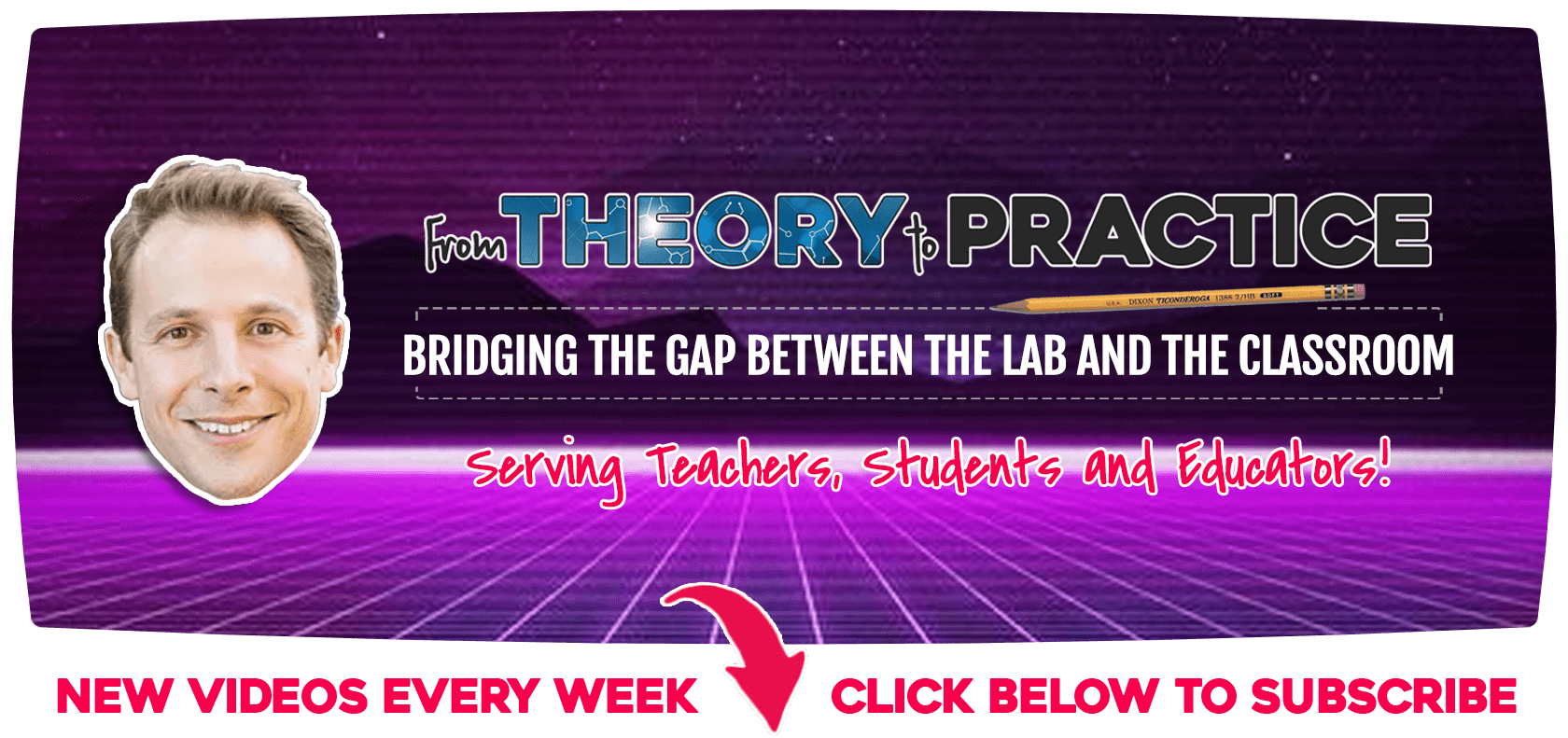
Learning by Teaching | Strategies + Ideas

Jared Cooney Horvath is a globally recognized Science of Learning expert committed to helping teachers, students and parents achieve better outcomes through applied brain and behavioral science.

A Technique By Any Other Name ...
The Feynman Technique; The Protégé Effect; Peer Tutoring; Plastic Platypus Learning …
There are many names to describe it, but the idea is the same: learning by teaching can be a powerful practice.
Numerous studies have shown that students who spend time teaching what they’ve learned comprehend more information/retain more knowledge than students who simply spend the same time re-studying.
Unfortunately, few studies have ever addressed some of the more nuanced considerations regarding this topic …
For instance, are all forms of ‘learning by teaching’ created equally, and does it make sense to use this approach across all contexts and situations?
In my latest 'From Theory to Practice' video, I take a look at a new piece of research that digs deeper into this topic:
Learning by Explaining Orally or in Written Form? (Jacob, Lachner, Scheiter | Aug 2020)
Here are some of the questions I tackle in this installment:
-
What is ‘depth of processing’ … and how does this idea correlate to memory and comprehension?
-
When can ‘learning by teaching’ be a powerful academic technique, and when can it merely be gratuitous?
-
How do different forms of teaching others (i.e. orally versus written text) affect learning and understanding?
-
What are some practical classroom implications of this research?
Give it a watch, and let me know what you think in the YT comments section.
And, as always, if you find this video valuable, interesting and/or entertaining, you can support us by liking, sharing and subscribing to our YouTube channel ;)
Regards,

Video Transcript
Hello everybody, and welcome to this week's From Theory to Practice, where I take a look at the research so you don't have to.
The article I’ve selected this week is called Learning by Explaining Orally or in Written Form? by Jacob and colleagues.
To understand this paper, we first have to wrap our heads around the concept of depth of processing.
Now, whenever we learn anything new, there are countless things we could choose to focus on while we're learning that stuff. For instance, let's say I gave you a list of words and asked you to memorize those words.
You could focus on the letters of the words; you could focus on the sounds of the words; you could focus on the definitions of the words; you could turn the words into a story and focus on the linkage … there are dozens of ways you could angle your thinking about those words as you learned them.
Click to view remainder of the transcript ...
Coming soon ...
Did You Enjoy This Post?
Help spread the idea by sharing it with your peers and colleagues ...

NOT ON THE LIST? Click below to join the LME Community ... and receive new Science of Learning articles from Dr. Jared Cooney Horvath every week!
You Might Also Like ...
Connect With Us
Copyright © 2022 LME Global – 6119 North Scottsdale Road, Scottsdale, AZ, 85250 – (702) 970-6557
Copyright © 2022 LME Global
6119 N Scottsdale Rd, Scottsdale, AZ, 85250
(702) 970-6557



